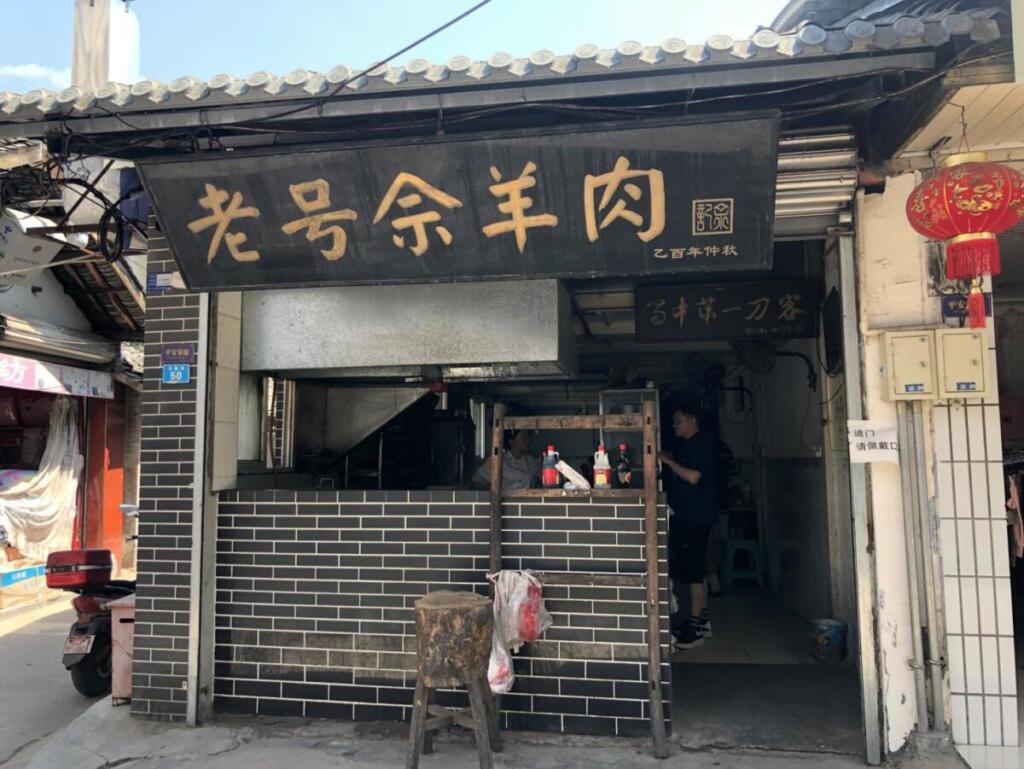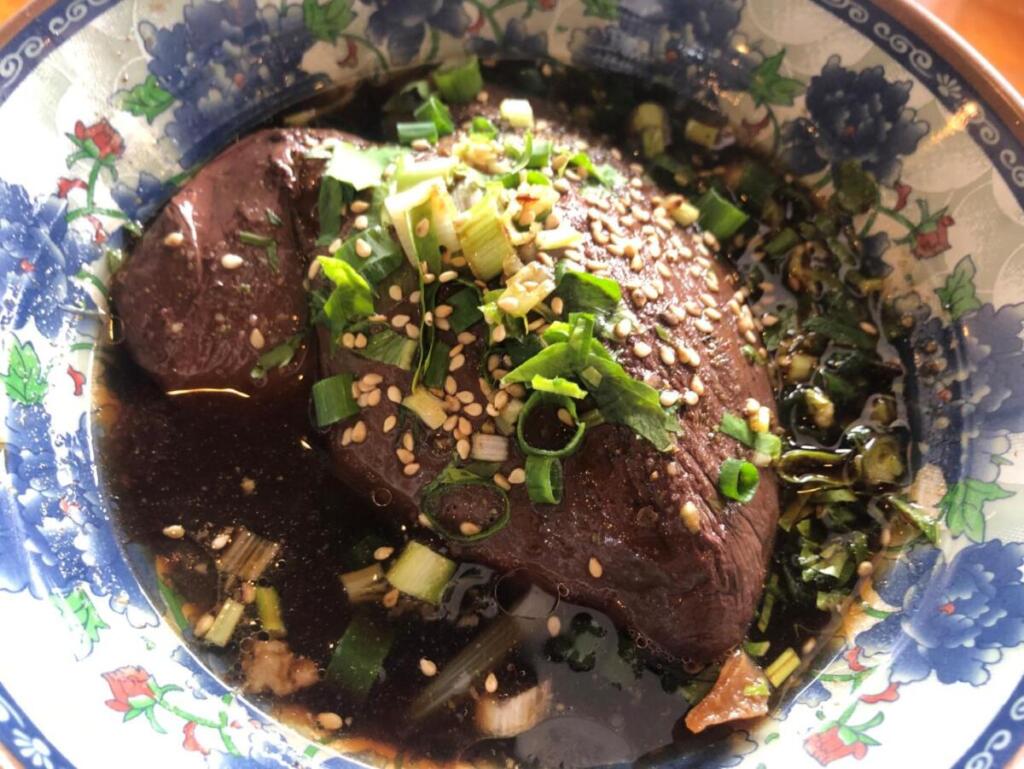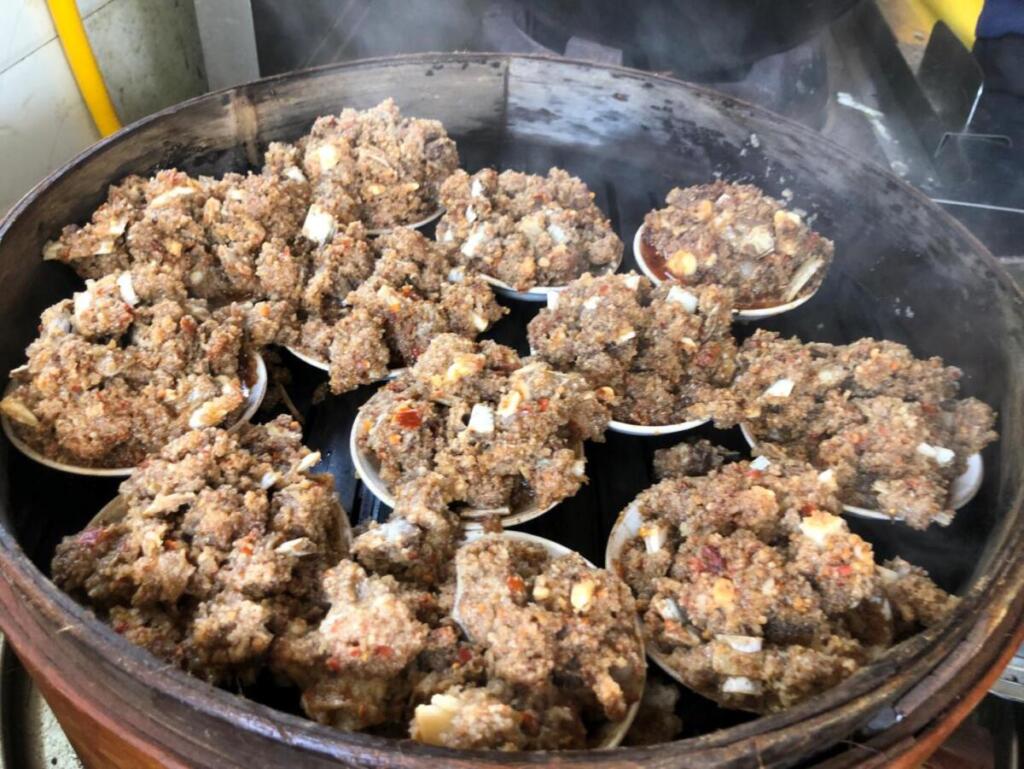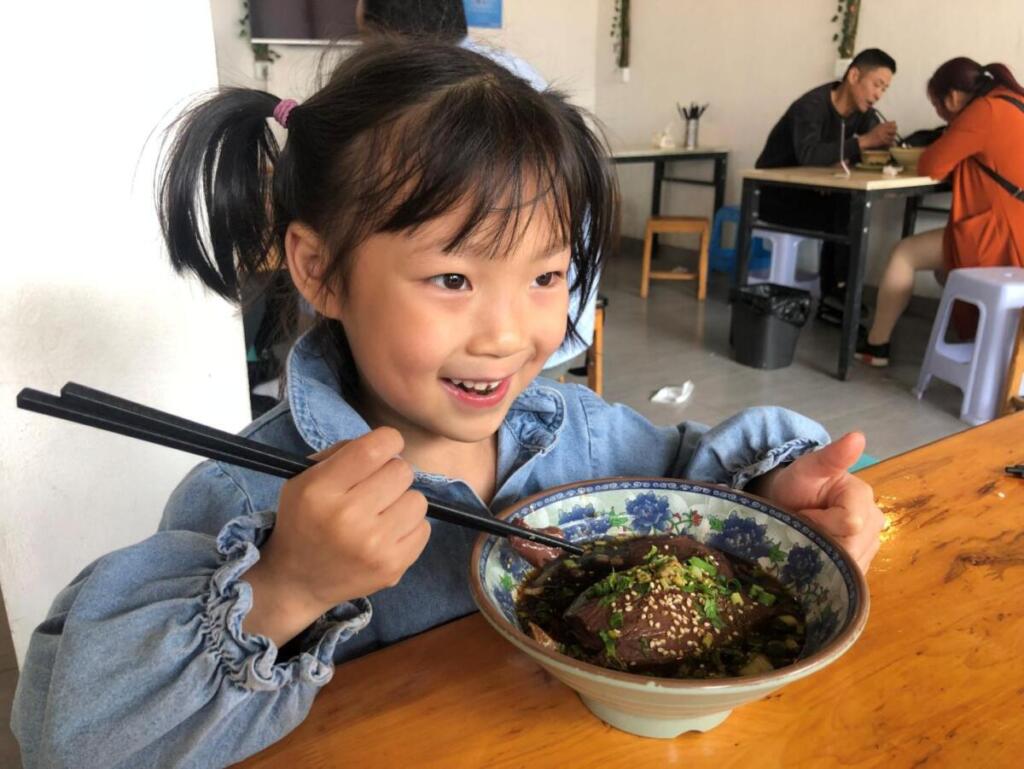People in Chengdu will tell you that we in Chengdu also have a “sea”.
Just drive straight down along the Tianfu Avenue and you will see for yourself. Actually, strictly speaking, it is a lake by the name of Xinglong (striving and prosperous), located in Tianfu New Area (TFNA).
Tianfu New Area was approved to be established as a national new area in China in October 2014. Now five years have passed.
This area has been transformed, with the joint efforts and diligence of the people here, into a city with beautiful ecology, a city for the future, and a city for pursuing dreams.
Various industry clusters have been deployed here, while the balance between the industrial development and eco-preservation has been carefully managed through the green and low-carbon development strategy. TFNA is not just hometown to the locals, but also to all those who are chasing their dreams.
You can call it your hometown regardless of your birthplace. The friendship circle of TFNA is now ever more extensive. We invite you to come and experience a real adventure in this different locality and immerse yourself in the distinct cultural atmosphere.
According to the statistics, over 150 thousand highly educated young people were attracted to and settled in the TFNA in the past three years, making the area the primary choice for innovation and entrepreneurship for talented people in western China.
One efficient way to get to know a place is to work there. Here, we have the Chengdu Science City, in which you will be impressed by the waterfront premises by the Xinglong Lake, including the Unicorn Island and the New Economy Industrial Park.
Job opportunities can be found in the major technology infrastructure and interdisciplinary research platforms such as the Super Computer Centre, the national innovation platforms such as Sugon supported by China’s Academy of Sciences (CAS), and projects by CAS and University of CAS.
You can also visit the headquarters offices in the Central Business Park located in Tianfu CBD and feel the vibe of the economy there and achieve your ambition in such sectors as innovative design, digital cinema, cultural exposition and tourism in the Tianfu Cultural & Creative City.
You may also choose to visit the small alleys and streets in TFNA, hidden jewels in the bustling and hustling city, to get an experience of the local folk culture and the vitality of life.
Food is a medium to make friends. People talk about food wherever they go. You may gain a different perspective about a place through exploring its food culture.
“Stick your nose to the ground and you may sniff out such delicacies as truffle hidden in deep alleys and plain-looking houses.”
This speaks vividly to the appeal of food and what lengths people would go to for one bite of delicacies. In the nine administrative streets in Tianfu New Area are many long-standing small restaurants, such as She’s Lamb Soup in Yongxing Street, and Zhang’s Blood Curd in Zhengxing Street.
They are named after their founders and have been offering delicious specialty foods to the locals’ dining tables for as long as people can remember.
She’s Lamb Soup is all about one ingredient—lamb. Despite of living in the hinterland, Sichuanese have a strong zest for lamb meat, no less than the nomadic northerners.
That is why they turn to lamb meat habitually in winters. In the early winter mornings, locals heading for the wet market would drop in She’s Lamb Soup first.
The restaurant is not fancy at all and even looks rustic. The lamb meat is often cooked without skinning. In most parts of Sichuan, people keep the tradition of drinking lamb soup on the day of winter solstice.
So around that day, the fragrance of lamb soup would fill the whole alley.
A giant pot with boiling-hot milky-white lamb soup is placed at the front of the store, with freshly-killed lamb meat in it.
People who are not used to lamb’s smell would cover their noses and turn away instantly whereas the lamb soup lovers would start secreting saliva just at the sight of it from far away.
Upon reaching the soup store and smelling the unique fragrance of the soup, the dinner’s mind would be taken away by the enticing smell and when s/he comes back to his/her mind, there is already a bowl of piping-hot milky-white lamb soup on the table. Miss.
She, the second-generation manager of the store, said that to achieve such a delicious bowl of lamb soup, you must use lamb bone and specially made ingredients for the soup and boil it for 5-6 hours.
The rich milky soup is the soul of the dish and the freshly-killed and cooked lamb and innards add to the body of the taste. When the soup is served, add in a handful of coarsely chopped corianders and green onions. If you feel like spicing it up, be free to treat yourself to a spoonful of chilli oil and even some dry chilli powders. That would be like heaven.
You can either devour the lamb meet and innards together with the soup or pick them out and dip them into the dry chilli powder sauce for more flavour.
Since winters in Sichuan are normally without sun or wind, you need a bowl of hot soup to help remove the dampness and coldness out of your body. You will start sweating after drinking it and your stomach will be very satisfied.
Zhang’s Xuewang (pig's blood curd) in Zhengxing Street is also a time-honoured specialty food shop. The main ingredient, as the name suggests, is pig's blood.
After being mixed with a certain amount of water, the blood curd is then put into a pot and boiled till it turns burgundy colour.
After being cooked, the blood curd gets a silky texture resembling that of tofu, hence the name “blood tofu”.
There are three keys to a successful blood curd dish: firstly, mix the blood with water and eggs to make it fresh and tender; then, add self-made spice mix to remove the smell of blood and improve flavour; thirdly, garnish the dish with chilli oil and soy sauce oil to strengthen the flavour.
Different restaurants use different ingredients, hence different tastes. Zhang’s blood curd is chewier, instead of the “melting in your mouth” type.
Zhang's family has been managing the diner for over four decades. If you are a frequent customer, you may notice the two little girls (no more than ten years old) often sitting in the store.
They are the fourth generation. Many of Zhang’s customers started going there since their adolescence, and now they have turned into their middle ages.
Loyalty towards one type of food is what describes Sichuanese. Food represents half of what the word “hometown” implies and we follow our taste buds to find where we truly belong.
In China, we call such emotional attachment Nostalgia.
We use our memory, our diligence, our effort and our sentimental tears to forever capture our moments with food and heal our hearts.
If you are able to establish a connection with a place through its food, then that place will offer you a sense of hometown and you can always trace your root back there, despite of whatever changes you might go through in your life.
You might go through ups and downs, and experience glories and failures in your life’s journey; but when you come back to your hometown, you will always be rejoiced by that familiar flavour.

Food for the Soul, A Taste of Nostalgia in Chengdu
- Jieni
- Category: Discover China
powered by social2s







Follow us